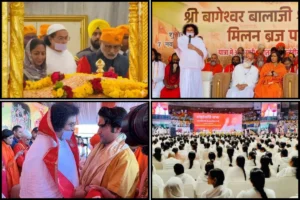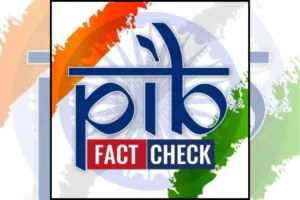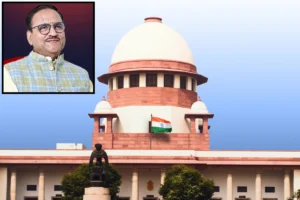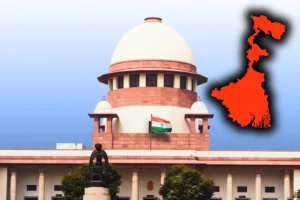
The Supreme Court cautioned petitioners challenging provisions of the Hindu Succession Act, 1956, saying that marriage changes a woman’s gotra and the in-laws hold a legitimate claim over her property.
A bench of Justice BV Nagarathna and Justice AR Mahadevan is hearing petitions that question certain inheritance provisions under the 1956 Act.
Justice Nagarathna told the petitioner’s lawyer, “Do not undermine the existing structure of Hindu society. As a court, we are warning you. Hindu social structure has existed for thousands of years, and we do not want our decision to destroy it.”
The bench emphasised that while women’s rights are important, it is equally crucial to balance these rights with the social framework.
Parties Directed to SC Mediation Centre
Before delivering a wider ruling, the court referred the parties to the Supreme Court Mediation Centre to explore the possibility of an amicable settlement.
The petitions specifically challenge Sections 15 and 16 of the Hindu Succession Act, which govern the transfer of property of Hindu women dying intestate (without a will).
- Section 15 states that in the absence of a will, a woman’s property passes first to her husband’s heirs before her parents.
- The petitions argue that this provision discriminates against women and violates the principle of equal inheritance.
Senior advocate Kapil Sibal, representing the petitioners, argued that the challenged provisions are discriminatory and exclusionary towards women. He asserted that tradition cannot justify denying women equal inheritance rights.
On the other hand, Additional Solicitor General KM Natarajan, representing the Union government, defended the Act and claimed that the petitioners aim to disrupt the social structure.
Also Read: Anti-Sikh Riots Case: Supreme Court To Hear Sajjan Kumar & Balwant Khokhar’s Plea After Diwali
To read more such news, download Bharat Express news apps





















